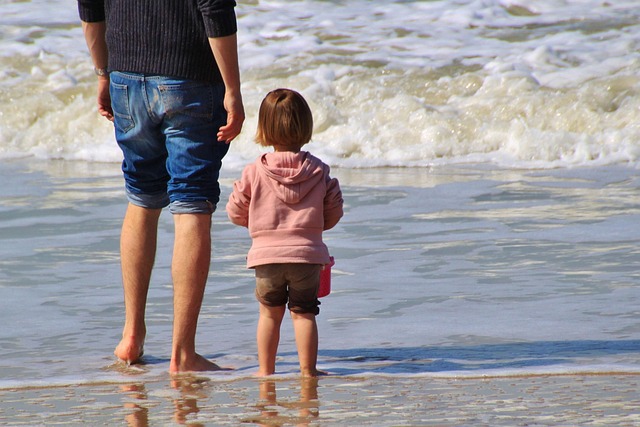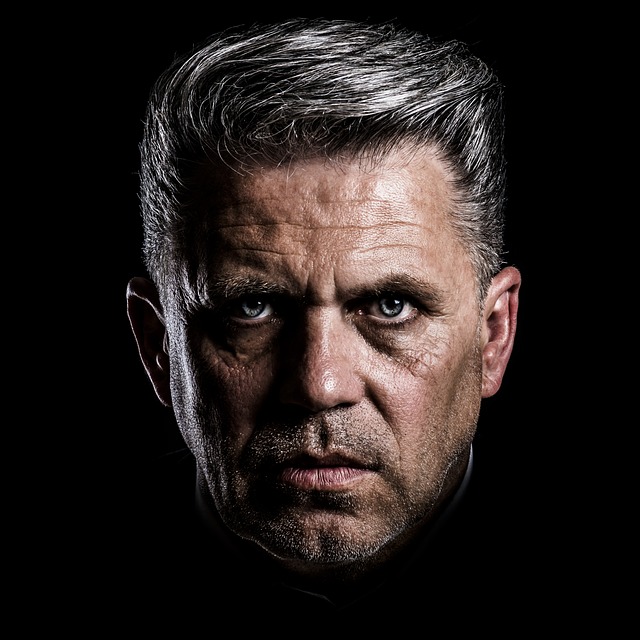
5 Emotional Lessons Every Father Should Teach His Kids
Introduction
We live in a time where emotional intelligence isn’t just a nice-to-have—it’s survival gear. Kids are growing up in a world full of noise, pressure, and emotional overload. If they don’t learn how to name their feelings, manage reactions, or read the room, life hits harder. And this kind of learning doesn’t come from textbooks. It comes from the people closest to them.
That’s where dads come in. A father’s presence or absence shapes more than behavior—it builds the emotional framework a child carries into adulthood. Whether it’s a calm voice during chaos, quiet strength in tough times, or the first person who shows them how to really listen, that influence sticks.
Teaching kids inner strength and empathy is long-term work. It doesn’t pay off in likes or grades, but in the way they treat themselves and others. These are lifelong tools: how to stand strong, feel deeply, and act with compassion.
For more on how a dad’s steady role can change everything, take a look at Dad’s Role in Development.
How to Name and Manage Emotions
Kids can’t deal with what they can’t name. Helping children identify their emotions starts with putting simple words to big feelings—angry, sad, excited, nervous. The goal isn’t to overanalyze every mood, but to give them a working language. Skip the lectures. Just narrate what you see. “You look frustrated. Want to take a break?” That’s how kids learn what frustration means, and that it’s okay.
A common mistake? Rushing to fix or smooth things over. When a child cries, saying “you’re fine” shuts the door. Instead, open it. Try: “That upset you? Tell me more.” You’re helping them open up instead of shut down. Over time, they start doing it on their own.
Emotional literacy pays off. Kids who learn to name and express feelings grow into adults who don’t explode, bottle things up, or shut people out. They communicate. They regulate. They build stronger relationships—starting with the one they have with themselves.
Handling Failure Without Breaking Down
Failure is part of life. Pretending otherwise does kids no favors. When dads treat failure like a common stop on the road to growth, kids start to see it that way too. There’s no need for a lecture. Just being honest about your own slip-ups goes a long way. Missed opportunities, wrong turns, even small embarrassments—they all count. Sharing them without shame teaches your kid that messing up doesn’t mean you’re messed up.
When a child sees their father face failure and keep going, it models resilience. When you take responsibility instead of shifting blame, that’s ownership. When you can laugh at yourself a little, and still try again, you show humility. These aren’t just emotional skills. They’re survival tools for dealing with a world that doesn’t always hand out medals for effort.
Normalizing failure is not about lowering the bar. It’s about raising kids who are brave enough to try, even when they know they might fall.
Respecting Others Without Losing Yourself

One of the most valuable lessons a father can teach is the balance between kindness and self-respect. It starts with boundaries—clear, firm, and fair. Kids who learn to say “no” without guilt grow into adults who don’t let the world run them over. Dads play a key role here by showing kids how to defend their space without being aggressive, and to stand up for themselves calmly and consistently.
Then there’s empathy. It’s not about always giving in or putting others first. Empathy means understanding where someone is coming from without losing your own perspective. Kids can care deeply about others and still make their own choices. It’s a fine line, but a teachable one. The trick is helping them notice when they’re being kind because they want to be, not because they feel obligated.
Kindness isn’t weakness. Done right, it’s strength—the ability to extend warmth even when it’s hard. Fathers who model that strength in action give their kids permission to do the same. That’s how you raise people who are both decent and tough.
The Power of Apologizing
When a dad says, “I’m sorry,” it sticks. Not just because it’s rare in traditional parenting scripts, but because it comes from a place that’s expected to be solid, certain, and rarely shaken. That apology has more impact than most because it teaches kids that strength isn’t about always being right.
Children learn by watching, not just listening. When a father owns up to his mistake, he gives his child permission to do the same. He models the kind of accountability that doesn’t point fingers or make excuses. It’s direct, honest, and human. And it shows kids that true maturity comes with admitting when you’ve messed up.
Saying sorry doesn’t make you smaller. It shows your kids that vulnerability and responsibility can exist side by side. Being wrong doesn’t mean being weak. In fact, it takes far more courage to make things right than to pretend you were right all along.
Processing Anger the Right Way
Anger is natural. It’s not the enemy. But what kids do with it—that’s what makes the difference. Unchecked rage? That’s where things go sideways. And guess what? Kids mirror what they see. If a father explodes at every inconvenience, they’re going to think that’s the script.
The fix doesn’t involve silencing emotions. It’s about giving kids tools. Teach them to breathe through the surge. Step away when the heat’s rising. Name what they’re feeling. Reflection doesn’t need to be a ten-minute meditation—it can be one deep breath and a quiet moment.
Also, kids need clarity: feeling angry is fine. What’s not fine is using that anger to hurt someone—physically or with words. Setting that boundary early creates a lifetime habit of awareness and control. Dads who model this with calm strength send a huge message: emotions aren’t shameful, they’re manageable.
Wrapping It Up
Emotional strength doesn’t land on a kid out of nowhere. It gets built—slowly, deliberately—through small conversations, daily modeling, and hard-earned lessons. The five emotional tools we’ve covered aren’t just nice-to-haves. They’re the backbone of healthy communication, confidence, and connection. Kids who grow up learning how to name their feelings, own their mistakes, and stand firm while staying kind carry those lessons into every friendship, partnership, and workplace.
A father’s influence isn’t about grand speeches. It’s about what gets repeated, what gets shown in quiet moments, what gets followed through. And when it’s done right, that influence doesn’t fade. It sticks. It shapes. It echoes across a lifetime.
For more perspective, check out Life Lessons from Dads.
